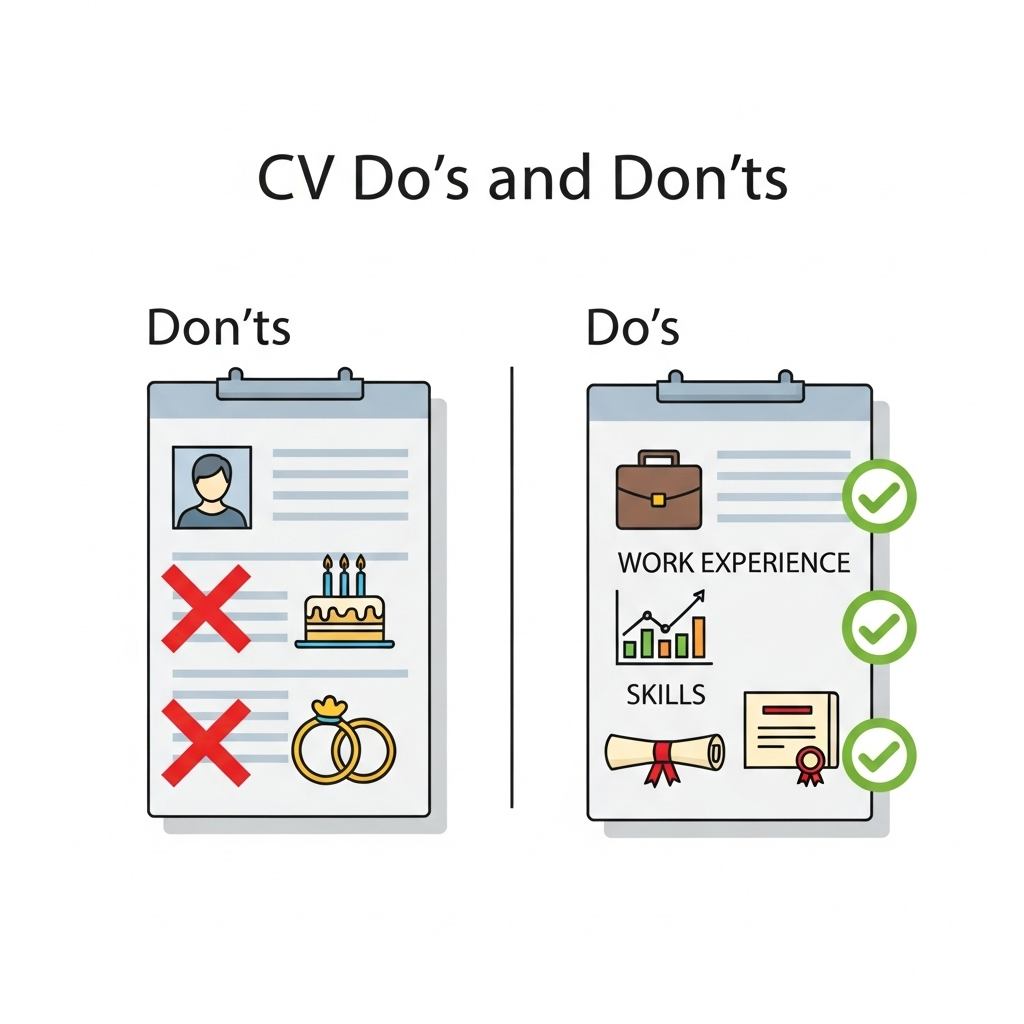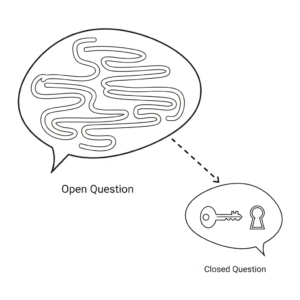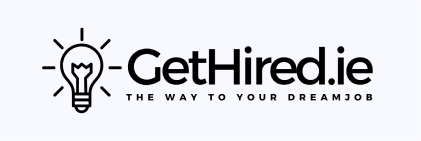Your CV is your first impression — make it count. But while showcasing your experience and skills is essential, many jobseekers still include information that could unintentionally hurt their chances or even breach legal norms. Let’s talk about what not to include on your CV, especially in Ireland.
🇮🇪 Understanding the Irish Legal Context
Ireland’s Employment Equality Acts 1998–2015 protect job applicants from discrimination based on nine protected grounds:
- Gender
- Civil status
- Family status
- Sexual orientation
- Religion
- Age
- Disability
- Race (includes skin colour, nationality, ethnic origin)
- Membership of the Traveller community
Including any of this information on your CV could unintentionally expose you to bias. Even if unintentional, employers may make assumptions — often without realising it.
As the Irish Human Rights and Equality Commission highlights:
“Employment equality legislation aims to ensure that discrimination does not occur at any stage of the employment process, from recruitment through to termination.” — IHREC, 2024
❌ Common CV Mistakes to Avoid
Despite growing awareness, recruiters still see these outdated elements in CVs across Europe:
🔸 Date of birth or age 🔸 Marital status or number of children 🔸 Photograph (unless explicitly required — e.g., acting or modelling roles) 🔸 Religion or nationality 🔸 Gender or pronouns (unless voluntarily chosen) 🔸 Pregnancy status 🔸 Health or disability status 🔸 Home address (general location is fine — e.g., Dublin, Ireland)
Each of these details touches on a protected characteristic — and unless strictly relevant to the role, they are not necessary, nor advised.
In fact, according to a 2023 LinkedIn Hiring Insights report:
“CVs that exclude personal data have a 22% higher interview callback rate across tech and business roles in Europe.”
📈 Why This Matters More Than Ever
With AI-driven recruitment tools and Applicant Tracking Systems (ATS), clean, unbiased CVs are more likely to pass initial screenings. Photos and personal information can confuse ATS software or even get your CV automatically rejected.
Additionally, recruiters are trained to make hiring decisions based on merit, not personal circumstances.
As Dr. James Smith, Lecturer in Employment Law at Trinity College Dublin, notes:
“Anonymising job applications is one of the most effective ways to improve fairness in hiring. Employers should focus on competencies — not characteristics.”
✅ What to Focus on Instead
Here’s what your CV should include:
✔️ A strong profile summary ✔️ Work experience (with achievements, not just duties) ✔️ Relevant education and certifications ✔️ Skills (technical + soft) ✔️ Languages, volunteer work (if relevant) ✔️ LinkedIn profile (optional, but increasingly expected)
💡 Coach Tip
I always tell my coachees: Your CV should say what you’ve done — not who you are personally. If it’s not directly related to your qualifications, leave it out. Let your experience, skills, and potential speak for themselves.
🔄 Final Thoughts
As workplaces become more inclusive and laws more protective, it’s not just good practice — it’s smart strategy to remove personal information from your CV.
✅ Keep it relevant. ✅ Keep it professional. ✅ Keep it focused on your strengths.
🔁 Share this with someone updating their CV. Let’s normalise bias-free hiring practices.
🧡 And if you need support with your job search — from CV writing to public sector interviews — feel free to connect!










